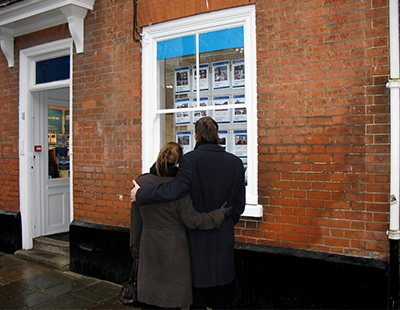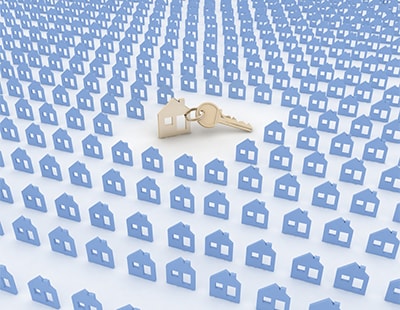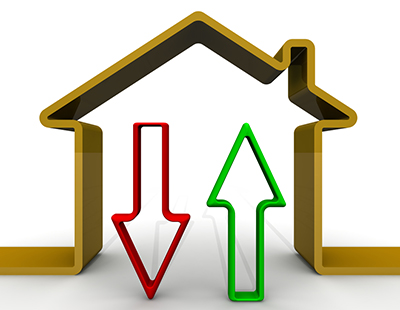House prices are rising at their slowest rate for nearly five years as London suffers its largest decline in prices since 2009 according to the Office for National Statistics.
House prices rose 3.0 per cent year-on-year in June - the latest figures released yesterday - after a 3.5 per cent increase recorded in May.
The latest increase was the smallest since August 2013 and the slowdown over the past two years has been driven mostly by London and the south east according to the ONS.
The lowest annual growth is in London itself where prices decreased 0.7 per cent year-on-year after a 0.2 per cent May fall - for London this result is the worst since September 2009, when prices dropped 3.2 per cent.
The average UK house price was £228,000 in June, £1,000 up on the month before and £6,000 than in June 2017. An average home in London costs £477,000 now. The lowest average price is in north east England at £127,000.
The ONS index includes all residential properties purchased for market value in the UK but as sales only appear in the index once the purchases have been registered, there can be a delay before transactions feed into the index.
"Although a little out of date, these numbers represent the most comprehensive survey of UK house prices. House price growth outside of London is being supported by a continuing shortage of stock whereas the capital and the south east can’t hide behind this excuse any longer. Price drops are continuing and reflect a new realism in the market - if you want to sell your property, it needs to stand out and price is the obvious way of doing it” insists Jeremy Leaf, north London estate agent and former RICS residential chairman.
"Nevertheless, we are seeing more interest in property coming on the market as buyers can only hold off for so long and realistic sellers are recognising the changed market conditions. This is an encouraging sign and hopefully will be reinforced when many of those currently on holiday return to bolster the traditionally busier Autumn market" he adds.
Emoov’s chief executive Russell Quirk says: “Yet more mixed signals for the UK property market which won’t inspire much confidence in those who remain undecided on whether or not to buy or sell this year. However, the positives to take are that prices are still climbing, albeit slowly, the level of stock entering the market is also picking up the pace and the number of mortgage approvals is up as well.”
Yopa chief property analyst Mike Scott adds: “With inflation increasing to 2.5 per cent, house price growth is barely ahead of that rate, and other reports which measure prices earlier in the home-selling process indicate that it is likely to fall further in the next few months. The outlook for next year is still very uncertain, as no one yet knows what will happen after 29 March – the date for Brexit.”
Meanwhile Nick Leeming, chairman of Jackson-Stops, says that owners on variable rate mortgages may see their mortgage payments rise following last week’s Bank of England base rate hike “which combined with higher inflation will mean that some households start to feel the pinch. This, combined with current political uncertainty around Brexit, means that potential sellers should be realistic in setting their guide prices.”
John Goodall, CEO and co-founder of specialist lender Landbay, says the market is struggling to gain momentum in the face of fragile consumer confidence. “For most the cost of living remains high, compounded by flat wage growth and a period of high inflation. While the Bank of England’s recent interest rate rise adds further pressure to household finances, we don’t expect the cost of borrowing to alter significantly” he suggests.

























Join the conversation
Be the first to comment (please use the comment box below)
Please login to comment